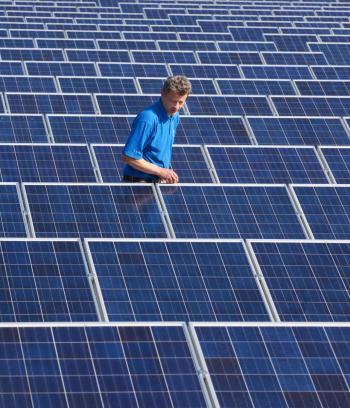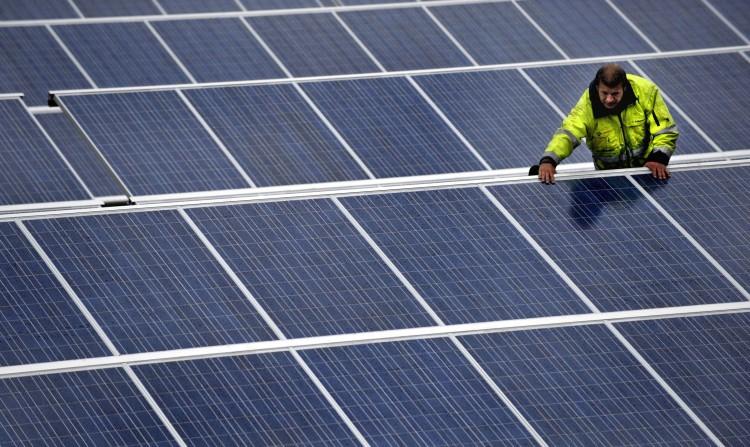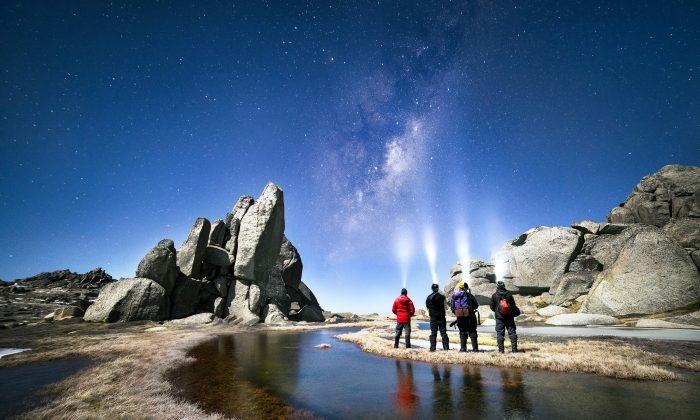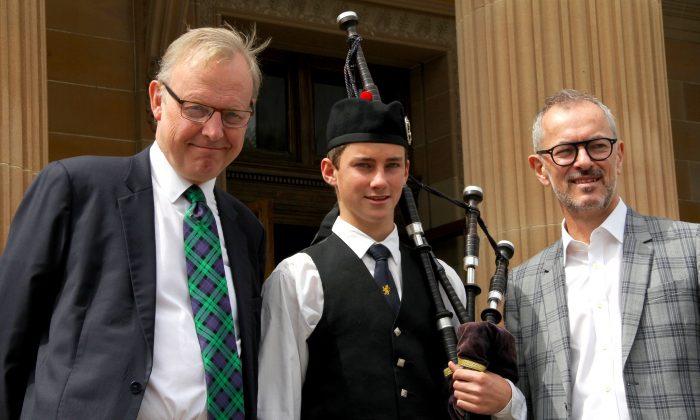A split in the Clean Energy Council of Australia is likely after the Federal Government failed to fund sectors of the local renewable energy industry in the last budget.
Tony Atkins, director of Queensland solar installation company Go Solar said his e-mails were running hot after funding for the “stand alone” solar rebates in country regions was not renewed.
“There is enormous discontent in the renewable energy industry and there will be mass resignations from the Clean Energy Council (CEC),” Mr Atkinson told The Epoch Times.
The CEC, which grew out of the Business Council of Sustainable Energy (BCSE), an amalgamation of the Sustainable Energy Industry Association (SEIA) and the Australian EcoGeneration Association (AEA), is the representative body of over 280 organisations, from installers and manufactures of renewable energy systems to the big companies like BP, Origin Energy, the CSR and even Tasmanian timber company Gunns.
Mr Atkins said that when the big companies joined up to the BCSE, things started to change and now, on the CEC, the smaller businesses are allocated lesser memberships, which reduces their Council voting rights and dilutes their representation.
“Some have already resigned over their (CEC) policies and others will not renew when their membership comes up.
“The Clean Energy Council is now a happy club of enormous polluters,” he said.
Solar installers are discussing the formation of a new representative body, Mr Atkins said, which would likely include other members of the CEC, including those from the renewables manufacturing sector.
Solar Industry Needs to be Heard
Bruce Hannam, director of Solarcom in Mudgee, said the lack of funding for stand-alone systems in the rural regions of Australia was a major concern for solar installers.
“We are dependent on our government subsidies to make our industry viable, especially for stand-alone systems,” he said.
The cost of setting up a stand-alone solar system for those off the electricity grid presently costs around $70,000. The government rebate covers 50 per cent of the cost which has made it feasible for country people to embrace the systems and, according to Mr Hannam, they have.
However, the Department of Resources, Energy and Tourism told installers two months ago that there was only funding for a couple more months for rural regions and as far as he knew, there had been no mention of a top-up for the rebate.
“This government is the least transparent of any government I’ve known in both State and Federal,” he said.
While Mr Hannam declined to discuss the formation of a breakaway body from the Clean Energy Council, he said: “The bottom line is the CEC is not doing the representation on our behalf and we need an organisation that does.”
Morgan Green, from the Green Solar Group in Sydney, said there was a lot of friction between installers and the CEC.
As a city solar installer, he said he had a very different market to the older rural solar companies and was very happy with the Federal Government’s extra six week $260 million commitment to solar installations in the city.
However, he was also supportive of a new representative body.
“The CEC don’t do too much, they are not very pro-active and installers are not united behind them,” he said.
Mr Green said that while he welcomed competition, which ultimately made solar energy cheaper in Australia, the lack of proper government representation was affecting the industry.
In the rush to capitalise on the government rebate, there were rumours of non-accredited installers putting in systems and there were also new private companies of bulk installers, who were offering free installations, but with large deposits and up to a nine-month lag on delivery.
“We hope they do proper installations and put in quality systems,” he said. “We don’t want them to give the industry a bad name.”
Mr Green said the Government was also “tiptoeing” around the issue of feed-in tariffs, which needed a nationally consistent system.
Feed-in tariffs are seen as the most desirable way to encourage householders to install solar systems as it will see higher prices being paid back to the householder for the solar energy produced.
The difficulty at the moment is that each state has a different system and utility companies within those states have different metering systems.
“An association will give us a voice to lobby government a bit more, to be a bit more consistent on policy,” Mr Green said.
Dr Mark Diesendorf, from the Institute of Environmental Studies at the University of New South Wales, said the CEC has done very little for the renewable industry.
“It is basically controlled by the fossil fuel industry,” Dr Diesendorf said.
He has been advising CEC members to form their own association for some time and suspects there will be many from other renewable industries that will be keen to join a new representative group.







Friends Read Free